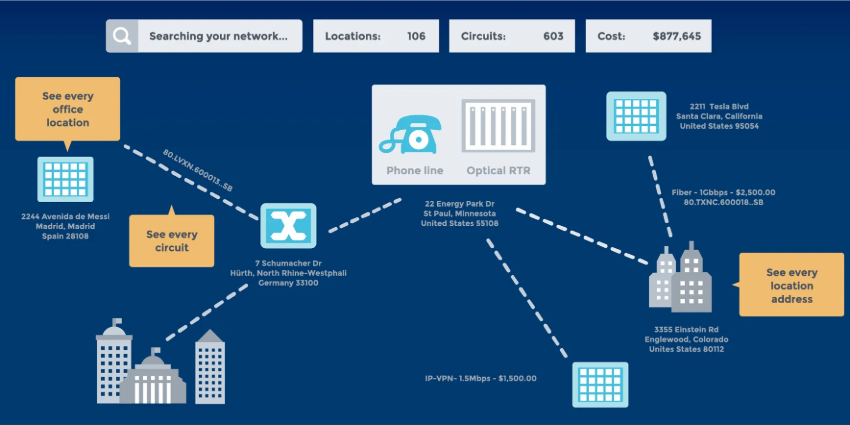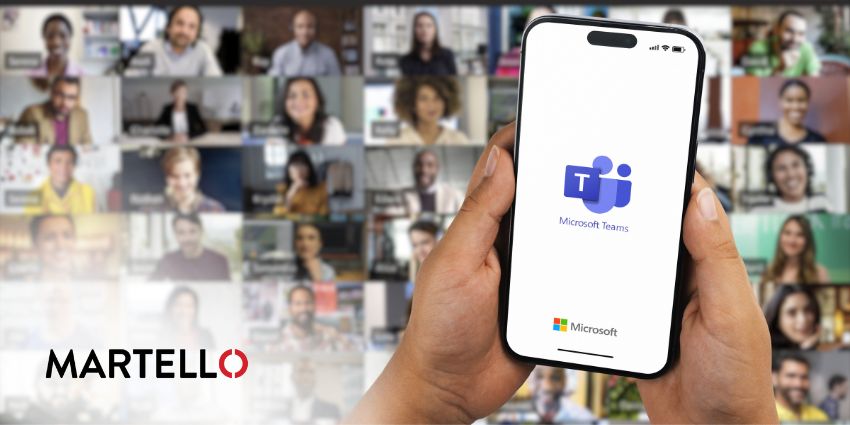West Unified Communications, a leading innovator in the world of UC, recently published the findings of their survey into more than 700 full-time employees. The survey revealed that hiring processes and talent acquisition found that, up until now, most HR professionals have been reluctant to embrace digital tools. However, the more we explore the impact of things like video interview, the more we discover the potential that technology has to offer in this space.
I sat down for a quick chat with Chris Brown, the Vice President of HR at West Unified Communications, to hear more about his opinion on the latest findings, and where he thinks the hiring environment is headed over the coming years.
What Inspired This Research into Hiring Technology?
The first thing I wanted to know from Chris, is what inspired West UC to begin conducting research into the potential of technology in HR in the first place. Chris was keen to point out that the current workforce is quickly evolving, and hiring professionals are struggling to keep up. As the West study shows, more than two-thirds of all hiring professionals are struggling to recruit in the current market, and other analytics suggest that the situation could worsen, with baby boomers rapidly retiring from the professional world.
“We have a huge remote workforce right now. A lot of employees are working from home, and we’re seeing the globalisation of the professional team, but also the opportunity for experts to begin stepping away from the traditional brick-and-mortar office. As more companies step away from those brick-and-mortar environments to save cash and lower lease costs, video interviews and technical hiring practices may become more essential.”
In a world where 90% of US adults are seeking new positions online, and businesses are looking for ways to embrace the “remote” standard for work, it may be that video interviews and virtual hiring practices quickly become the new norm. Indeed, as West UC pointed out in their research, 59% of virtual career fair attendees received offers from them, compared to only 49% of traditional career fair attendees.
So, How Does Technology Make Hiring Easier for the HR Manager?
Since research suggests that employers can spend up to two months trying to fill a vacant position, it seems obvious that a naturally streamlined process like video conferencing might be able to streamline and expedite the hiring process. Chris told me that West had begun to find that with video interviews, they could potentially cut down the lengthy and costly cycle of hiring, while improving candidate experiences at the same time.
“With video interviewing, companies can cut down on the amount of hiring managers that have to go into an interview and ask the same questions time and time again. Instead, a HR professional could record crucial information, and start to create a sort of profile that they can share with other members of the team.”
“By capturing information through video, hiring managers can adapt their techniques for interviewing, and become more tactical with their questions – making sure that they address the things that really matter to the business.”
West UC found that, by bringing a technical side to the HR process, they could cut down the number of interviews that both HR managers, and candidates have to sit through, while simultaneously improving the amount of valuable information accessed from a candidate.
“We found that it shrunk our “days to fill” down from about 63 to 42 in one department.”
Ultimately, it just cuts down the decision-making process required for new hires.
Your Survey Didn’t Show Much Love for Video Interviews, is That a Generational Problem?
West UC’s survey shows that 79% of people prefer in-person interviews, while only 4% would choose a video interview given the option. I wanted to know whether Chris thought these statistics might have changed if the survey had split the baby boomer generation, from the millennials.
Chris noted that millennials are far more eager to adopt video, as they’re the natural technically-enhanced workforce. While many people believe that face-to-face interviews give them an edge in the hiring field by allowing them to control various factors and view body language signatures – that may not be the case. Video interviews can also allow for similar face-to-face insights, and as companies look for ways to make the hiring process more “automated”, it’s likely that traditional interviews will quickly become a thing of the past.
“The traditional face-to-face interview isn’t going to be around as much anymore. Today’s professionals just don’t have the time for that level of constant interviewing. I think we’re heading towards a world where in-person interviews might be reserved for the highest interview tiers only.”
Chris also outlined that for Millennials, who are already spending their time browsing company websites and social media pages, video “online” interviews could be a more natural, and complementary experience. It streamlines the process, and allows them to view information online as they talk to a hiring manager.
Do You Think Interview Recording Is Going to Be a Privacy Issue with GDPR Looming?
Finally, with GDPR just around the corner, I wanted to know what Chris thought about the privacy implications inherent in a world that uses video recording for interviews, rather than in-person experiences.
“There has to be video compliance, and that’s going to be something that grows more important in the year ahead. At West UC, we have an applicant tracking system that’s ingrained with the video interview solution, and we follow a very strict set of security guidelines from process to data management to keep everything safe and compliant.”
Anyone getting started within the video interviewing process will need to think about how they’re going to manage data security, and store recordings safely according to the GDP regulations. Chris commented that it’s generally a good idea to make sure that you have full integration between your applicant tracking system, and your video platform, or at least some checkpoints involved to keep information verified.
“We have strict reviews, quarterly purges, and more. It’s about making sure you do everything possible to keep the process secure.”
Technology in HR Has a Lot of Potential
Though West UC’s survey showed that video interviewing and HR technology is still widely underutilised in the industry, it does have serious potential, all the way from hiring to onboarding processes.
“West UC’s “Unified Meeting” solution is a good tool for streamlining virtual hiring systems, because it makes the process simpler for applicants and HR managers alike. It’s mobile, intuitive, and brimming with security features that’s necessary to any video interview.”
As hiring becomes more complicated, any technology that might be able to improve the experience for HR professionals and candidates could have the potential to change the professional world. Who knows? Perhaps the days of the traditional interview really are over.







